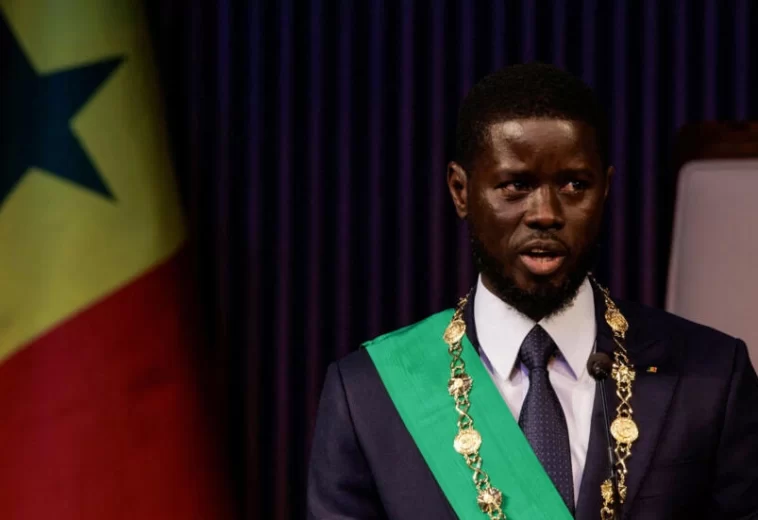Renowned for its vast rainforests, mineral wealth, and rich cultural heritage, the Democratic Republic of the Congo (DRC) is a land of immense beauty that has endured decades of heartbreaking hardship, conflict and instability. Yet, amidst the challenges, a powerful force for change emerges – the women of the DRC. We explore the remarkable resilience of Congolese women, and the lessons they offer in overcoming adversity, fostering peace, and building a brighter future.
The DRC’s recent history is marked by civil wars, political unrest, and widespread violence. According to the World Bank, over 4.5 million people were internally displaced within the country due to conflict. Women and girls were disproportionately affected by these crises, facing heightened risks of violence, exploitation, and displacement.
Despite these daunting circumstances, Congolese women exhibit extraordinary strength and resourcefulness. They are the backbone of the economy, engaging in small-scale trade, agriculture, and informal businesses. A report by the International Labour Organization (ILO) found that women make up over 70% of the workforce in the informal sector.
Strength in Numbers
Congolese women are not merely passive victims but active agents of change. They come together in solidarity, forming community organizations and women’s rights groups. According to Helen Keller, an American political activist, “Alone we can do so little; together we can do so much.” These groups advocate for peace, security, and justice.
Understanding the economic challenges faced by women is crucial for fostering long-term development. Limited access to education, finance, and land ownership hinders their ability to reach their full economic potential.
Organizations like Women’s World Banking work to address these issues by providing microloans and financial literacy training to women entrepreneurs. These initiatives empower women to invest in their businesses, generate income, and support their families.
Congolese women play a vital role in preserving the rich cultural heritage of the DRC. They are the custodians of traditions, oral histories, and indigenous knowledge systems passed down through generations. These traditions encompass a deep understanding of the environment, agricultural practices, and traditional medicine.
Efforts to document and revitalize these knowledge systems are crucial for ensuring their survival and potential contributions to contemporary challenges. According Ahmed Deedat Culture is the foundation of society. By safeguarding this heritage, Congolese women contribute to a more holistic and sustainable future.
The resilience of Congolese women offers valuable lessons for the world:
Collective action empowers women to create positive change, while investing in them economically empowers them to improve their lives. Indigenous knowledge systems provide valuable insights for sustainable development practices. Women’s participation in peace-building efforts is crucial for lasting peace and reconciliation, as it allows them to amplify their voices and contribute to sustainable development.
Significant hurdles remain on the path to a brighter future for the DRC. Ongoing conflict, entrenched gender inequalities, and a lack of infrastructure continue to hamper progress.
However, addressing these challenges requires a multifaceted approach. Strengthening the rule of law is crucial for promoting gender equality and ensuring security. Eradicating discriminatory laws and providing equal access to education, healthcare, and economic opportunities for women is also essential. Investing in education empowers women to make informed choices, break poverty, and participate fully in public life.
The women of the DRC are an inspiration. They face immense challenges with unwavering determination and a deep love for their country. “Hope is the thing with feathers that perches in the soul, and sings the tune without the words, and never stops at all.” (Emily Dickinson, Hope). Their resilience serves as a beacon of hope, illuminating a path toward a more peaceful and prosperous future for the DRC.
READ ALSO: Women in Somalia: Challenges and Resilience
By investing in women’s education, healthcare, and economic opportunities, the international community can play a crucial role in supporting their efforts. Furthermore, supporting local peace-building initiatives led by women can pave the way for lasting reconciliation.
The story of the DRC is not just one of conflict; it is a testament to the unwavering spirit of its people, particularly its women. As Nelson Mandela eloquently stated, “Education is the most powerful weapon which you can use to change the world.” By empowering the women of the DRC, the world can witness the transformative power of education and resilience in shaping a brighter future not just for the DRC, but for all.


